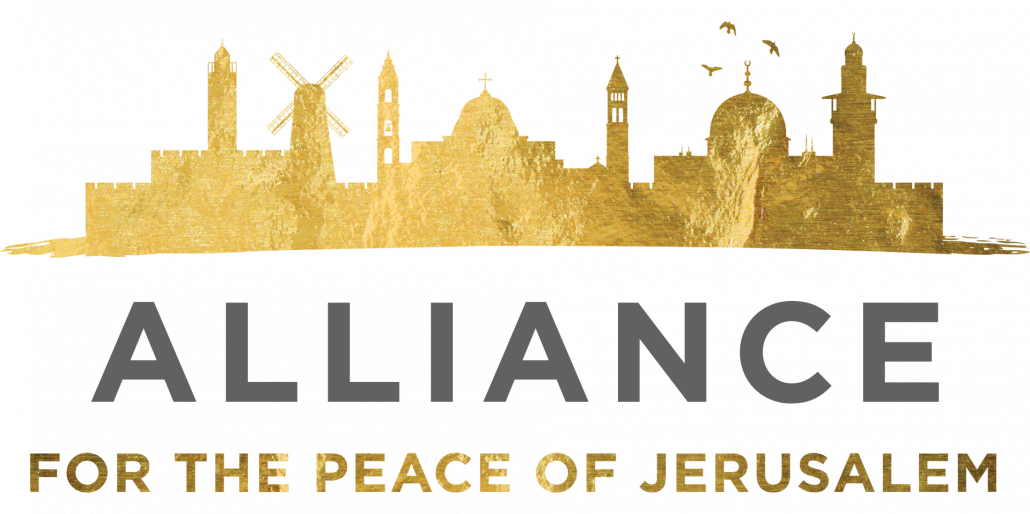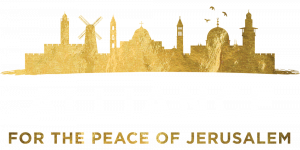by Rachel Larsen
I do not remember where I was on September 11, 2001. I was too young at the time to recall the event as it unfolded. Today’s children and teenagers were not yet born. So what does this tragedy mean for us who lack the memories that haunt most of the population? How has it affected our upbringing? Many have seen firsthand how air travel and politics drastically changed in response to 9/11. However, young people today have only known a nation where security is of prime importance, terrorism is a palpable threat, and there is continuous debate about Middle East relations.
Generation Z has a mixed relationship with the events of 9/11. Though we have no memory of it, the events of that day have significantly shaped our lives. We cannot relate to the sentiments that those older than us share when they remember 9/11. Older generations easily connect over the collective trauma of 9/11 and can readily talk about where they were, how they first heard what was happening, and how they felt at the time. Certainly, the victims and first responders were uniquely affected, but no one who was old enough to remember will ever forget that day. Some grew up without parents, grandparents, or another relative, which is a permanent reminder of the tragedy, and the hearts of the nation and the world are with them now, as they were then. Most people clearly remember the fear, shock, and grief they experienced as the awful events unfolded.
Those of us who did not experience it, however, rely on second-hand accounts. I do not even recall when I first learned about the terrorist attacks of that fateful day. We sometimes had discussions and moments of silence in elementary school on the anniversary, especially the ten-year mark. Our teachers showed us news clips from 2001; the same images broadcast live years before that people watched in horror. By the time I was in high school, 9/11 was a section in my United States History textbook. During my childhood and adolescence, an event in my life had become a subject for history books.
Generation Z values hearing stories from those who lived through 9/11, but we do not carry the raw, personal emotion that most older adults share. Engaging in conversations with them allows us to learn about an event that has indelibly marked our world and better understand the pain, anger, and confusion that it created. Furthermore, we can contribute our experience growing up in a context shaped by 9/11, a world steeped in increased anxiety surrounding security and terrorism.
The heightened awareness of how devastating violence can be has undoubtedly shaped our upbringing. For instance, my parents spoke about how much simpler air travel was before 9/11. That was a time when someone could walk directly to the gate without passing through a heavy security process or even having a ticket. Likewise, many other venues that once had minimal or no screening measures, such as Disneyland, have tightened their security in response to concerns about violence.
The 9/11 attacks also caused significant political shifts, bringing national security, terrorism, and immigration to the forefront. While the United States has been active in the Middle East for decades, 9/11 intensified involvement in the region and made counterterrorism a crucial aim in American foreign policy. Growing up, terrorist groups such as al-Qaeda regularly appeared in the news. Military intervention was a significant area of debate, particularly in Iraq in the early 2000s, and our government has expended a massive amount of resources in the name of preventing another 9/11. These actions communicate how profoundly the attacks have shaped the American mindset.
When I remember 9/11, I grieve over the suffering it unleashed, but I also recognize that I do not know what it was like to watch the tragedy unfold in real time. I honor the unity it fostered and yearn to see the country come together similarly. For those who did not personally experience the nationwide outpouring of compassion and support in the aftermath of 9/11, it is easy to imagine that the United States is a hopelessly divided nation and that the barriers that cause anger and conflict among us are insurmountable. While tragedies beyond description have taken place in our country since 2001—including mass shootings in schools, synagogues, and vacation cities—we have not seen the level of collective mourning and support that characterized the days following the 9/11 attacks, which exposed our underlying national vulnerability. When I hear of how people from every state and even other countries donated money or blood to assist in rescue efforts, I wonder what it would be like for America to come together today—not ignoring our different perspectives but uniting around a common purpose and mobilizing a new sense of interdependence.
Perhaps commemorating 9/11 itself is one way in which all of us can further unite. Twenty years later, our thoughts and memories of those tragic events should once again lead us to agree as a nation that terrorism, wherever it takes place around the globe, is utterly unacceptable. It is healing and wholesome to honor the past and appreciate how this dark time in our national history continues to shape our future, which Chosen People Ministries will be doing at our upcoming conference, 9/11 and the New Middle East. Through worship, remembrance, and hearing from speakers who were there, we will grow in our knowledge of 9/11 and how it has changed the world. We will also gain insights into the Middle East today by seeing the events of 9/11 through a biblical lens. Join us September 10–11 in person at Trinity Baptist Church in New York City or attend online.



